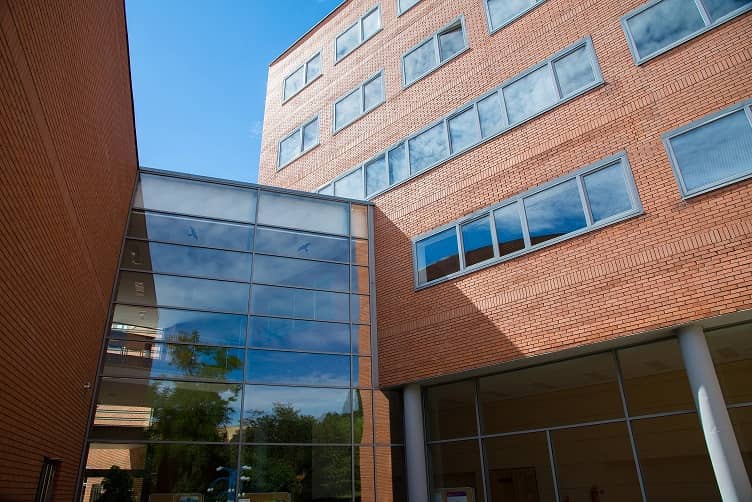What if the answer to treating cancer could be found in maths? That’s what the EU-funded Tamed Cancer project is attempting to find out. The project uses mathematical modelling to develop personalised cancer therapies. “Maths allows us to calculate optimal drug dosages, which in turn lets us develop therapy and treatment tailored to the individual patient’s unique needs,” says Levente Kovács, a professor at Óbuda University, the project’s lead partner. “This work represents a new approach to tumour therapy – one that ultimately aims to tame cancer.”
In order to optimise therapies, a reliable tumour growth model is needed to work from. That’s why the first step in this European Research Council supported project involved using a variety of mathematical models to create a tumour growth model capable of showing how a particular drug impacts tumour growth. “We built this model by converting our knowledge about tumour growth into mathematical equations,” explains Kovács.

Increasing quality of life and life expectancy
In order to optimise therapies, a reliable tumour growth model is needed to work from. That’s why the first step in this European Research Council supported project involved using a variety of mathematical models to create a tumour growth model capable of showing how a particular drug impacts tumour growth. “We built this model by converting our knowledge about tumour growth into mathematical equations,” explains Kovács. After validating the equations via mice experiments, researchers then turned their attention towards developing optimised treatments and therapies. Originally, the plan was to use antiangiogenic therapy, an approach that aims to slow tumour growth by preventing it from growing its own blood vessels. However, initial research indicated that the angiogenic inhibitor only decreased the speed of growth, not volume. As a result, researchers opted to use a chemotherapeutic agent, which does decrease tumour volume.
Next, researchers validated their concept using safe animal experiments. “By treating mice with small doses of targeted chemotherapy, we obtained much better results than what can be achieved by the generic protocol currently used in medicine,” remarks Kovács. “In other words, using a personalised, model-based approach to treating cancer resulted in a considerable increase in quality of life and life expectancy for the mice.”

A step-change in cancer treatment
According to Kovács, the project’s validated mathematical tumour model represents a step-change in cancer treatment – updating the more than two-decade-old reference model currently in use. The project is now working to extend its mathematical model and drug algorithms for human application. “Our aim is to develop a personalised, optimal dosage generation algorithm and prove its use in practice,” concludes Kovács. “We believe that such a personalised protocol can be efficiently used to treat cancer patients using lower dosages, resulting in fewer side-effects, decreased costs and improved outcomes.” The project hopes to secure a proof of concept grant in the near future, which will be used to support research on human applicability. The project also founded the Cyber-Medical Technical Systems Committee, part of the IEEE, one of the world’s largest engineering associations. The committee has already organised several special sessions and published over 100 scientific articles on the project’s work.
To read the original article at the website of Óbuda University click HERE.

Óbuda University
Bécsi út 96/b Budapest,Hungary 1034